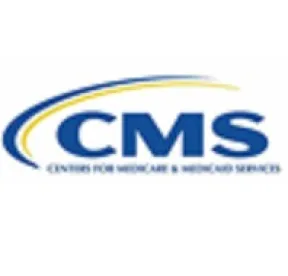In October 2022, the Centers for Medicare and Medicaid Services (“CMS”) requested information from the public regarding its proposal to establish a National Directory of Healthcare Providers and Services (“NDH”). This proposal was a response to recent CMS data showing that nearly half of Medicare Advantage plan directories were inaccurate, despite CMS’s quarterly reporting requirements. The NDH would establish a centralized hub containing information on healthcare providers, healthcare facilities, and specialty services. CMS explained in its Request for Information (“RFI”) that the NDH would increase patients’ access to health provider information and provide an easier platform for patients to find in-network providers and compare health plans. Additionally, the Council for Affordable Quality Healthcare (“CAQH”) predicted that a centralized provider directory database would result in approximately $1.1 billion in healthcare savings. CMS also clarified that the NDH would use API technology to consolidate data from existing CMS datasets (like the National Plan and Provider Enumeration System and Medicare Provider Enrollment, Chain, and Ownership System) into a single dataset; relieving some of the reporting burdens faced by providers. However, CMS’s proposal has already encountered some resistance.
For example, the American Hospital Association (“AHA”) released a statement in response that agreed with CMS’s goal of improving patient’s access to health information but disagreed with CMS’s expected outcomes. Specifically, the AHA expressed concerns that the providers’ reporting burden would increase because the NDH would not replace existing governmental and private reporting databases and requirements. In addition, the AHA expressed concern whether the NDH would in fact improve the quality of information made accessible to patients if CMS intended to use the same process for collecting and verifying information used by existing databases. The NDH would continue to rely on the providers’ timely submission and verification of information. Furthermore, the AHA questioned how providers would use the NDH, its accessibility to patients, and whether patients would be able to trust the accuracy of the data provided. Alternatively, the AHA recommended that CMS implement changes to current reporting requirements to improve the accuracy of existing databases. CMS has yet to respond to the AHA’s critiques and recommendations, or amend its proposal. We will closely monitor any developments that arise.
Stephanie Darville also contributed to this article.




 />i
/>i

